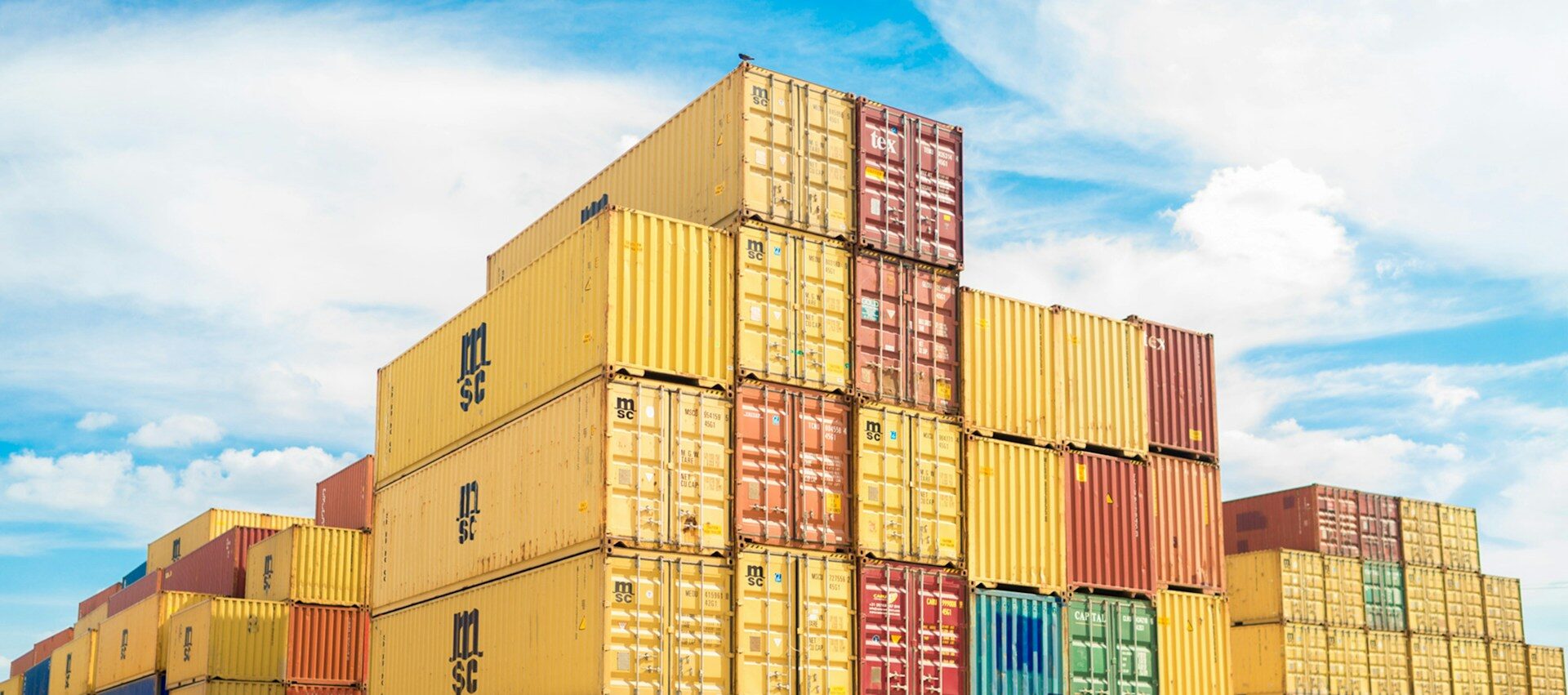Greening Supply Chains Through Aggregation

Corporations are facing increasing pressure to reduce their Scope 3 emissions, or the emissions that come from their supply chains. To stay competitive, supplier companies are increasingly seeking to reduce their own emissions through voluntary clean energy procurement. However, these companies often lack sufficient credit, energy load size, experience, and employee resources to leverage common mechanisms like the Virtual Power Purchase Agreement (VPPA). In response, many companies with Scope 3 emissions goals are looking at offtaker aggregation as a pathway to leverage their strong credit and enable access to clean energy procurement for their suppliers.
Aggregation allows a group of offtakers, often with disparate credit ratings, to negotiate a PPA together. This structure works best when an investment grade offtaker serves as an “anchor tenant,” contracting for a significant portion of the project’s output and lending its credit rating to help its non-investment grade partners transact. While aggregation can be used by any group of offtakers, most discussion around its application has been focused on supply chains.
In a supply chain aggregate deal, a large corporation acts as the anchor tenant for a subset of its suppliers during PPA negotiations. Large corporates are often experienced clean energy customers, and their legal teams can lead in negotiations. This saves their suppliers time and money and can yield more favorable deal terms. The anchor’s participation may also convince developers and investors to consider smaller — often riskier — supply chain offtakers for the remainder of the generation.
While this is not yet a common deal structure, there have been successful supply chain deals. For example, in late 2022, McDonald’s announced it had joined a PPA with five of its domestic logistics supply chain partners to purchase renewable energy from Enel Green Power’s Blue Jay solar project in Texas. This enabled the electricity load of all of McDonald’s U.S. restaurants’ logistics supply chain to be supported by renewable energy.1
However, supply chain aggregation faces challenges. Along with the logistical difficulties facing general aggregation — like offtaker attrition and market dynamics that heavily favor investment-grade companies — this application is made more complicated because supplier/corporate partnerships are not permanent. PPAs often last anywhere from 10 to 25 years2, and corporate partners may hesitate to enter deals motivated by supply chain relationships. Still, many of these barriers may be solved as more deals are attempted and more best practices develop.
If your company has attempted a supply chain deal or is interested in doing so, please reach out to disc-e@cebi.org.
1 https://corporate.mcdonalds.com/corpmcd/our-stories/article/new-enel-solar-energy-deal.html
2 https://betterbuildingssolutioncenter.energy.gov/financing-navigator/option/power-purchase-agreement
